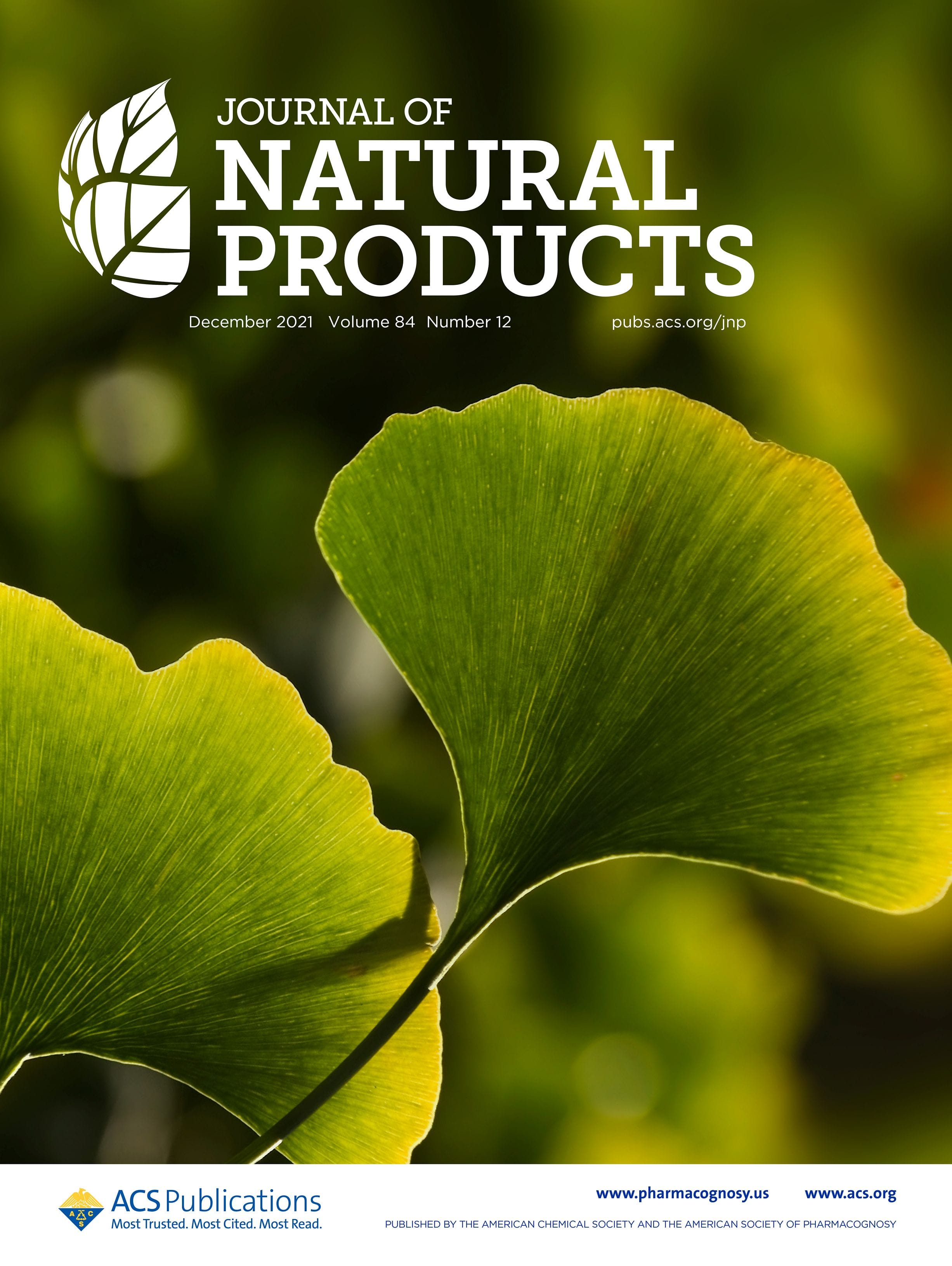The Journal of Natural Products is honoring the significant accomplishments of Dr. Rachel Mata, Professor Emerita and Professor Barbara N. Timmermann with a special issue (March 2019). The special issue features a diverse set of excellent papers recognizing the outstanding work of both Dr. Mata and Dr. Timmermann. Dr. Rachel Mata, Professor Emerita Dr. Rachel Mata was born in Caracas, Venezuela, […]

The Journal of Natural Products is honoring the significant accomplishments of Dr. Rachel Mata, Professor Emerita and Professor Barbara N. Timmermann with a special issue (March 2019). The special issue features a diverse set of excellent papers recognizing the outstanding work of both Dr. Mata and Dr. Timmermann.
Dr. Rachel Mata, Professor Emerita
Dr. Rachel Mata was born in Caracas, Venezuela, and, after earning her degree in Pharmacy at the Central University of Venezuela, she enrolled at the School of Pharmacy and Pharmacal Sciences at Purdue University in 1974 to pursue graduate studies. Under the mentorship of Professor Emeritus Jerry L. McLaughlin, she obtained her M.Sc. (1976) and Ph.D. (1979) degrees with a thesis and a dissertation on the chemistry of isoquinoline alkaloids from Mexican columnar cacti. Dr. Mata obtained a postdoctoral position (1982) at the Institute of Chemistry (UNAM) with Professor Emeritus Alfonso Romo de Vivar. In 1985, she was appointed to a full-time faculty position at the School of Chemistry, where she has spent the entirety of her outstanding career.
Dr. Mata’s significant research contributions have focused on studies of Mexican plants employed for the treatment of major national health problems, and her laboratory has uncovered the extensive chemical diversity of sources of α-glucosidase inhibitors for diabetes, smooth-muscle-relaxant compounds for gastrointestinal and cardiovascular illnesses, and antiparasitic, antiulcer, analgesic, anti-inflammatory, and cytotoxic agents. This large-scale approach to medicinal biodiversity was unprecedented and of fundamental importance in a country like Mexico, where a large segment of the population relies on alternative medicine for their primary healthcare. The results of this research have also been vital for the preparation of several WHO-type monographs for the quality control of herbal remedies included in the Second Edition of the Mexican Herbal Pharmacopeia. Her work will endure as a scientific reservoir of ethnopharmacological information with a long-lasting impact on the use and properties of medicinal plants.
Professor Barbara N. Timmermann
Born in Suffolk, U.K., Dr. Barbara Timmermann grew up in Argentina and gained her B.S. in Biology (Honors) at the National University of Cordoba, Argentina, in 1970. She then proceeded to the University of Texas at Austin, where she completed her M.A. in 1977 and Ph.D. in 1980, both in botany, specializing in phytochemistry, under the direction of the late Professor Tom J. Mabry. After a brief period as Assistant Professor in the Department of Pharmaceutical Sciences at the University of Arizona, she was appointed as Associate Professor in the Department of Pharmacology and Toxicology, advancing to full Professor in 1994 and then to the rank of Regents Professor from 2000 to 2005. In 2005, she moved to the University of Kansas at Lawrence as a University Distinguished Professor, and served as Chair of the Department of Medicinal Chemistry from 2005-2012.
Throughout her career, Dr. Timmermann has been committed to supporting the natural products community, both at the national and international levels. She has served on numerous advisory boards, review panels, and study sections for institutes of the NIH.
Dr. Timmermann has demonstrated a long-term commitment to graduate and postgraduate education in medicinal and natural products chemistry, and served as Director of the NIH Minority International Research Training Project at the University of Arizona from 2000 to 2005 and Director and Principal Investigator of the NIH-funded Center for Cancer Experimental Therapeutics at the University of Kansas. She has worked with over 50 postdoctoral investigators and visiting scientists from 15 countries, with many coming from her collaborating institutions in Chile. In addition, she has served as major or co-advisor to 26 graduate students at the Ph.D. level and six at the Master’s level, while also mentoring over 60 undergraduate students completing senior research projects.
